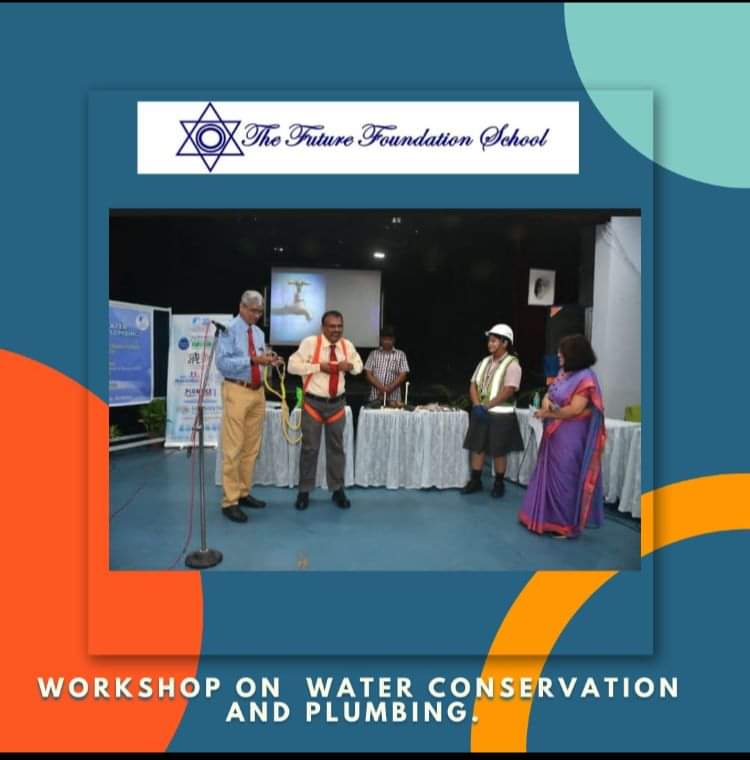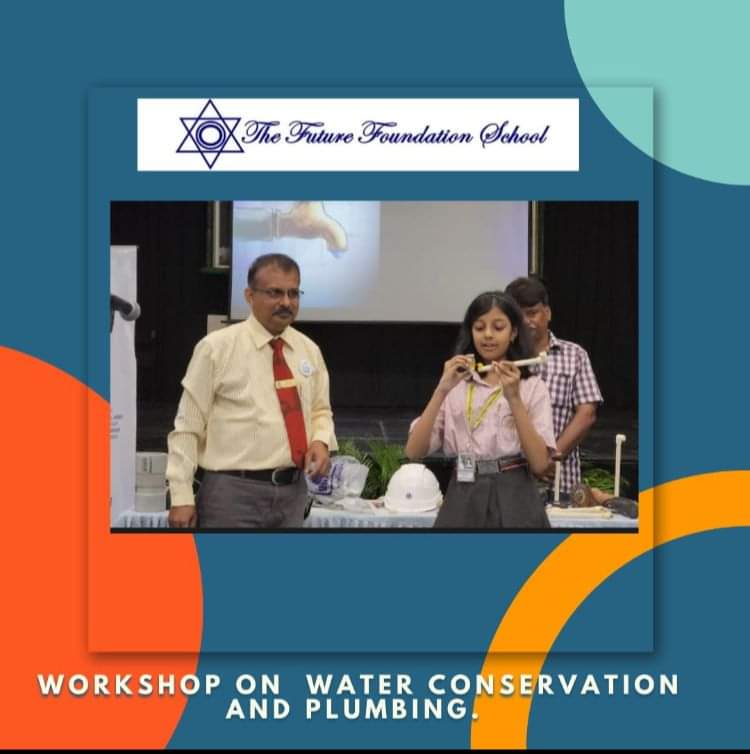What do we mean by Life Skills
LIFE SKILLS
● In our globalised world where “change ” is the only constant factor, we need to instill in our children the necessary skills to adapt to this change, while retaining their cultural, ethical, social and spiritual values.
● The teaching of Life Skills equip the children with the ability to cope with the daily material functions of life, and help them to be independent and self-sufficient.
● The teaching of Soft Skills help the children imbibe those abstract skills which they need to acquire along with their formal education in order to relate, survive and succeed in their environment.
Certain things that the children are being taught at different levels in our school are:
● Personal hygiene
● Healthy and good food habits
● Importance of sleep and rest
● Importance of exercise and play
● Study habits – during weekdays and weekends
● Non-flame cooking
● Folding T-shirts
● Self awareness / Diversity awareness
● Time Management
● Empathy/Friendship/ Teamwork
● Anger Management and handling peer pressure.
● Communication
● Listening skills
● Handling social media
● Respect for elders /friends /other associates
● SMS, email and conversational etiquette
● Sartorial and dining etiquette.
1. Children are made aware that they have to develop the right attitude to learn. They should have the right mental frame and desire to interact and adapt to the environment and people around them.
2. They should be able to communicate and have the ability to express their positive attitude, knowledge and skills to the world at large.
3. Children are made aware of the commonly accepted norms and behaviour that are needed to be followed to achieve effective communication
Life Skills Activities
LIFE SKILLS
Certain things that have been taught in our school at different levels are as
follows:
1. Making a Thank You card : All of us need to be grateful for all the things that we have received in our lives. We are blessed. And for that, we need to be thankful to our parents, relatives, friends, teachers and all our associates. The children of Classes 4 and 5 had a special way of saying ‘Thank you’. They made cards and
wrote their own messages in it. They learnt how to appreciate others.
2. Making A Helpfulness Diary : A helping hand can be a ray of sunshine in a cloudy world. We should always help one another whenever we can and wherever we can. The students of Classes 4 and 5 maintained a Helpfulness Diary for a week where they wrote down how they have helped their family members, teachers and friends by doing some work for them. They also discussed in the class how each of them have
tried to help others in their own special way.
3. Apart from the diary, there was also a discussion on how children have helped people or animals on different occasions, which they shared with the class.
4. The children of Class 6 spoke about the importance of rest, sleep and play in our lives.
5. Making a gift wrapping paper : The young children used newspapers to make their own gift wrapping papers, to decorate gift items. They used their own ideas and learnt to reduce waste and reuse things.
6. Gift Wrapping : The children used the gift wrapping papers made by themselves to wrap small gift items like pencil boxes, small books, pouches and small boxes. It was a fun activity for them at the same time and a useful one.
7. Vital Education Class on “ Being Cooperative and Handling Friendship : Just having friends is not enough, we also need to learn how to maintain friendship and be co-operative. “Unity is strength”. With cooperation, we can do our work better, learn to give our best, delegate activities and learn teamwork and respect each other.
8. The children learnt to pack their school bags and keep their things tidily. This brings about a sense of belonging and responsibility in them.
9. To enhance soft skills, a few videos were shown to the children, which they watched with rapt attention. Then they analysed what they had seen and learnt from it.
10. For the festive occasion, the children took great interest in developing their creative skills. They made floral rangoli and enjoyed the activity thoroughly.
11. The children have been made aware of their strengths and weaknesses. They are aware that they need to use their strengths effectively and at the same time overcome their weaknesses to build their confidence and personalities.
12. The children have had a brainstorming session on the importance of personal hygiene and maintaining good food habits. Children are encouraged to eat at least one fruit daily and refrain from eating junk food regularly.
13. Anger Management sessions have been conducted to make children aware of how to control their anger. They have shared several strategies with their respective classes on how to check their temper on different occasions.
14. The importance of our families was also discussed. Each child shared their experiences of spending some quality time with their family members and how they were making use of their “me time” too.



